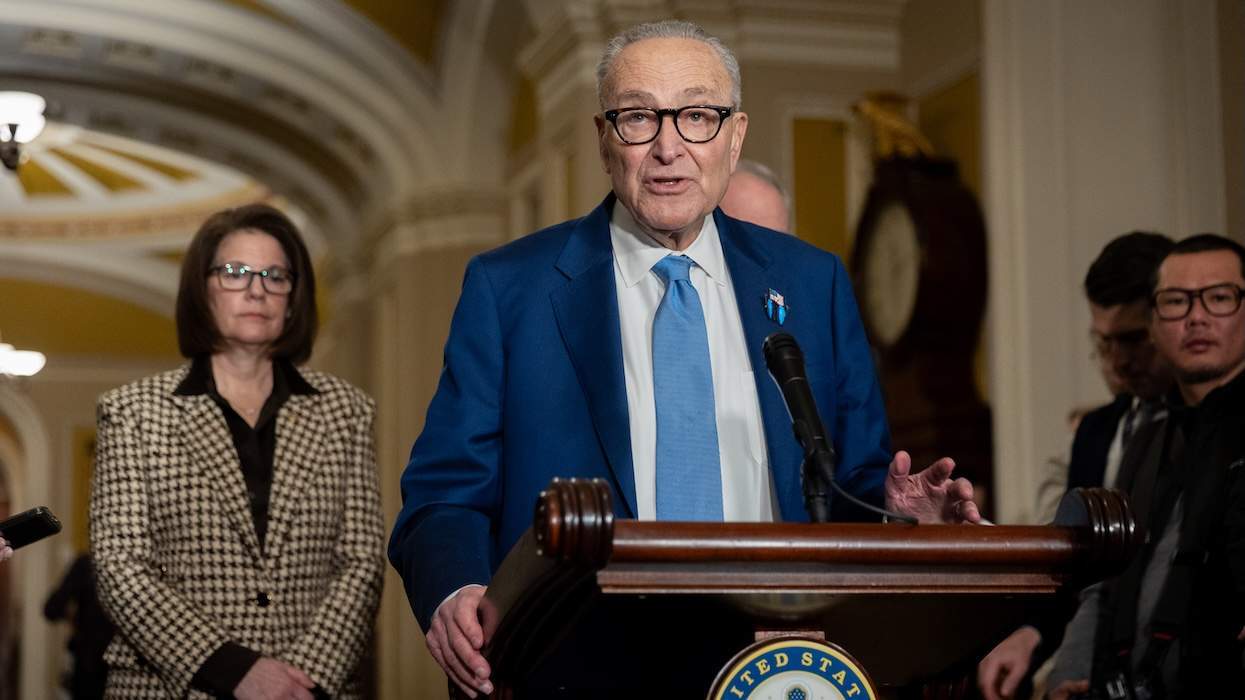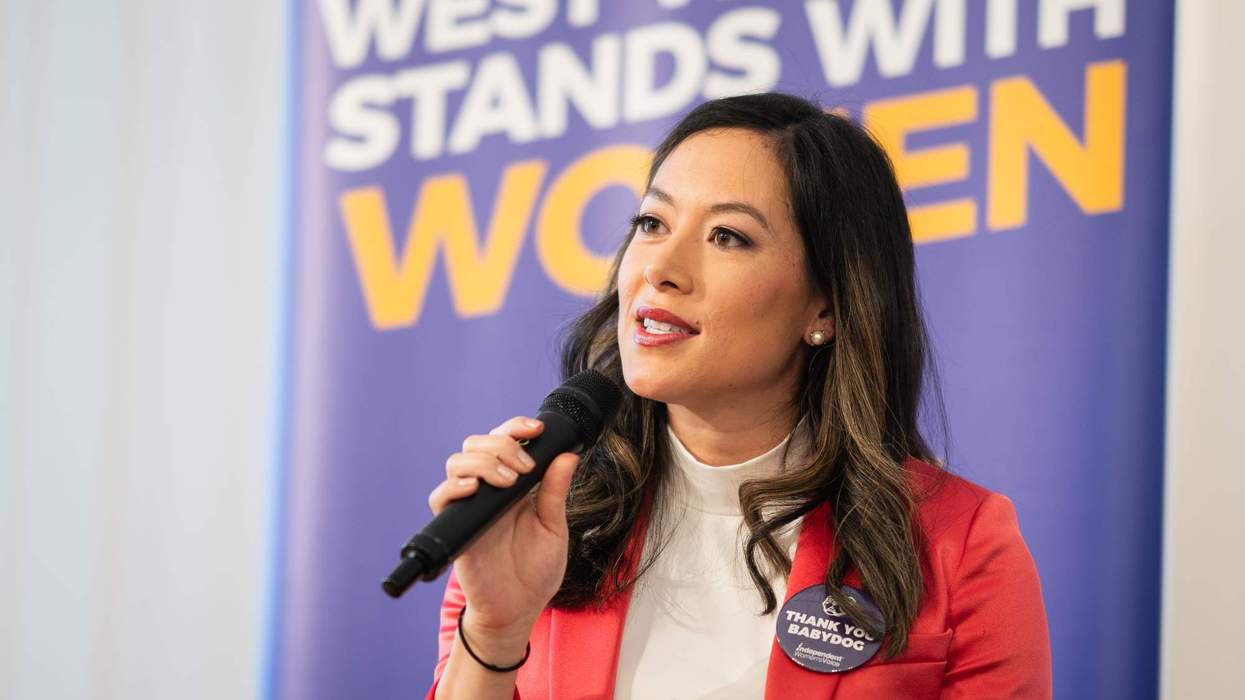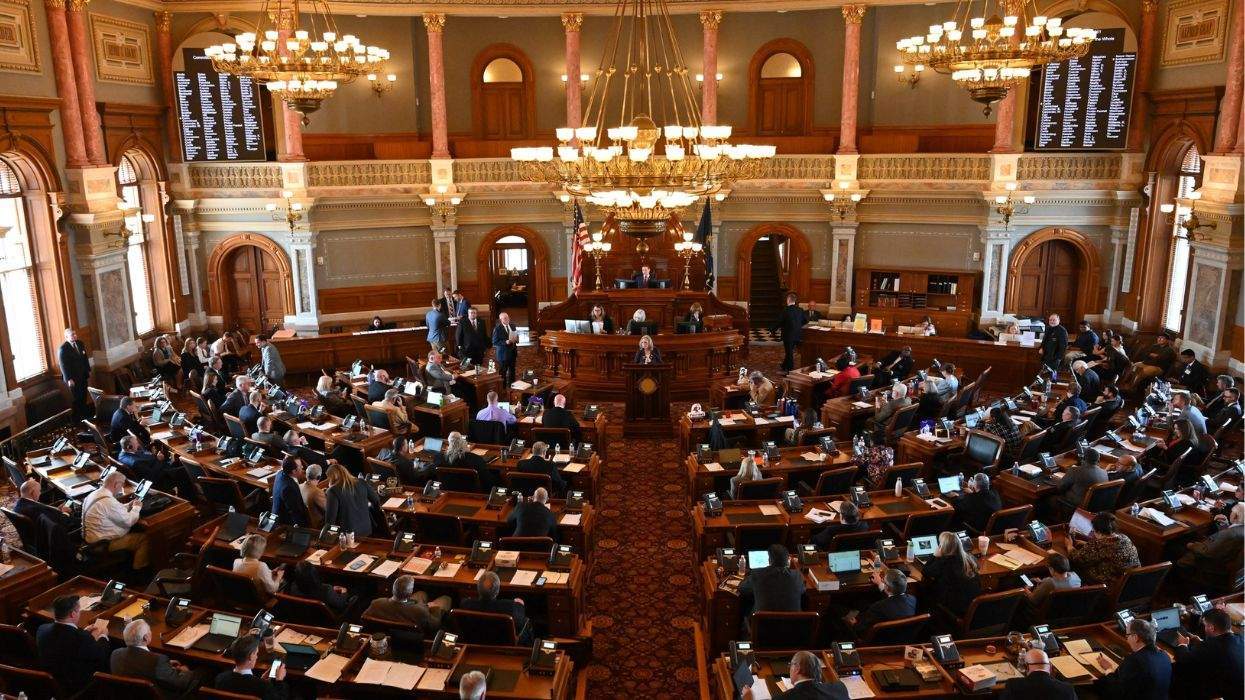Cuban revolutionary leader Fidel Castro's death has many LGBT activists reflecting on a history of repression under his regime.
"I would never be happy about anyone's death -- anyone," Herb Sosa, a Cuban-American who heads the Miami-based LGBT group Unity Coalition, told the Washington Blade. "But the long-awaited passing of one of the Castro monsters that have imposed nearly six decades of oppression, pain and death to so many Cubans does bring a certain closure for many."
Castro, who died Friday at age 90, led the rebellion that overthrew right-wing dictator Fulgencio Batista in 1959. He became prime minister of the island nation, then president, leading a communist government.
Cuba decriminalized same-sex sexual relations in 1979, but other actions under Castro's rule were not beneficial to LGBT citizens. For instance, in the 1960s he "sent thousands of gay men and others deemed unfit for military service to labor camps known as Military Units to Aid Production," the Blade notes. And in the 1980s and early '90s, the government quarantined people with HIV in sanitariums.
In 2010, in an interview with a Mexican newspaper, Castro apologized for his regime's treatment of LGBT people. He had been out of power for two years then, having passed the reins of government to his brother Raul. Raul's daughter Mariela has emerged as an advocate for the rights of LGBT Cubans in recent years. She has won praise from some corners, but James Kirchick, writing in The Daily Beast, described her work as an "ersatz gay rights crusade."
"No matter how much better life for gay Cubans might have improved from the days of forced labor camps, it's all occurring within the context of a totalitarian society whose citizens cannot vote, are denied basic freedoms like the right to speak or protest freely, and cannot form organizations independent of the government," Kirchick wrote.
There are others, including some LGBT activists, who have lauded Cuba's government for providing free education and health care, while fighting poverty and discrimination, the Blade notes.
"Pain, emptiness, commitment are very intense and difficult feelings to separate," gay Cuban blogger Francisco Rodriguez Cruz, who supports the Castro family, told the Blade. "It's like going through the story of my life."
And some gay and AIDS activists who visited Cuba earlier this year noted a thriving gay scene and reported that the government-run health care program has benefited Cubans living with HIV. The U.S. had banned travel to and trade with Cuba in 1961, but President Obama moved to normalize relations with the nation about two years ago.
Nevertheless, much remains to be done to advance human rights, including LGBT rights, in Cuba, activists say. "Fidel Castro's death invites us to remain calm and to focus on our activism to achieve change in Cuba, as opposed to rejoice over his death," Nelson Gandulla Diaz, president of the Cuban Foundation for LGBTI Rights, told the Blade Saturday.
"Fidel is gone, but Raul remains," he added. "The fight continues."















